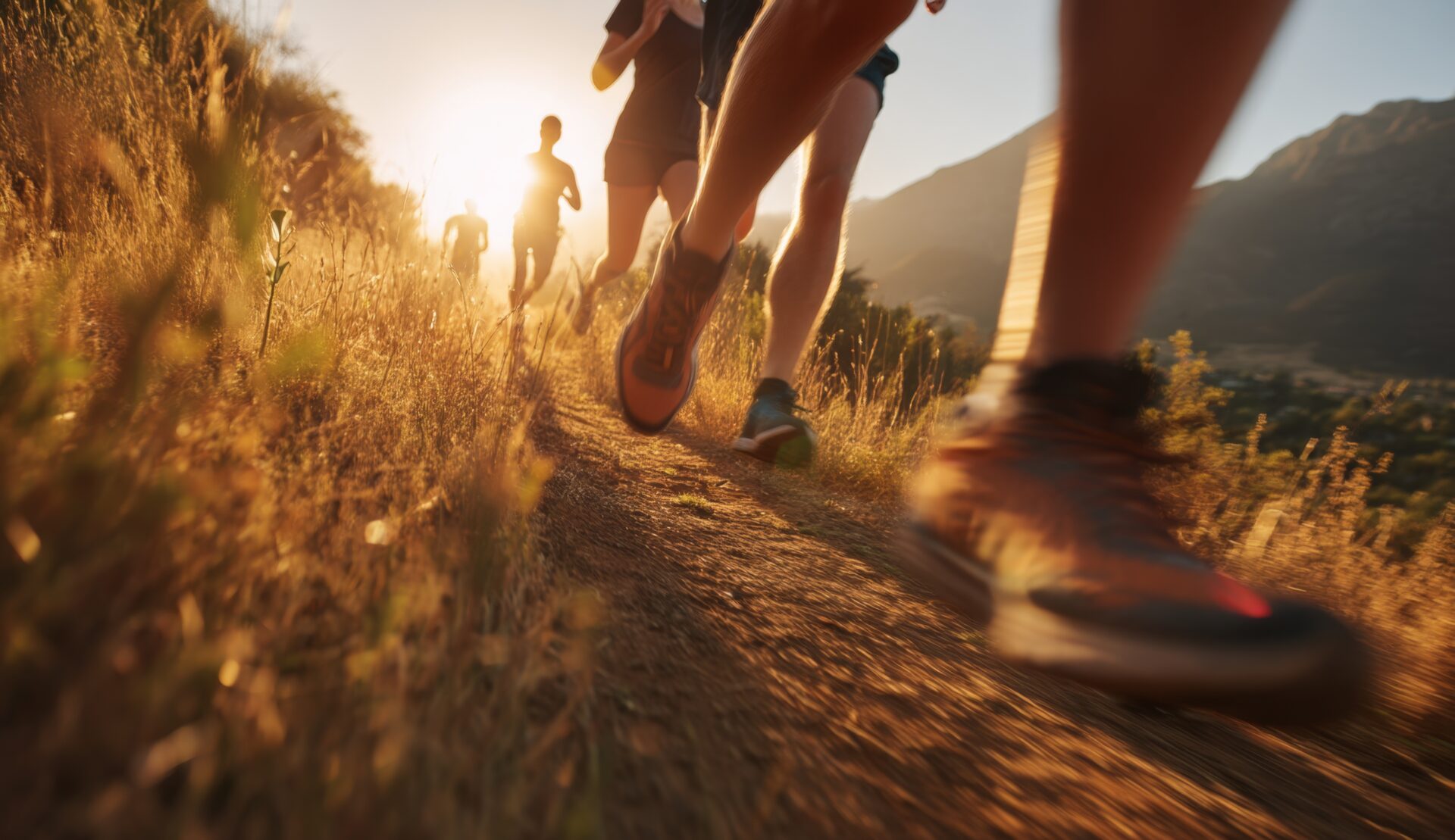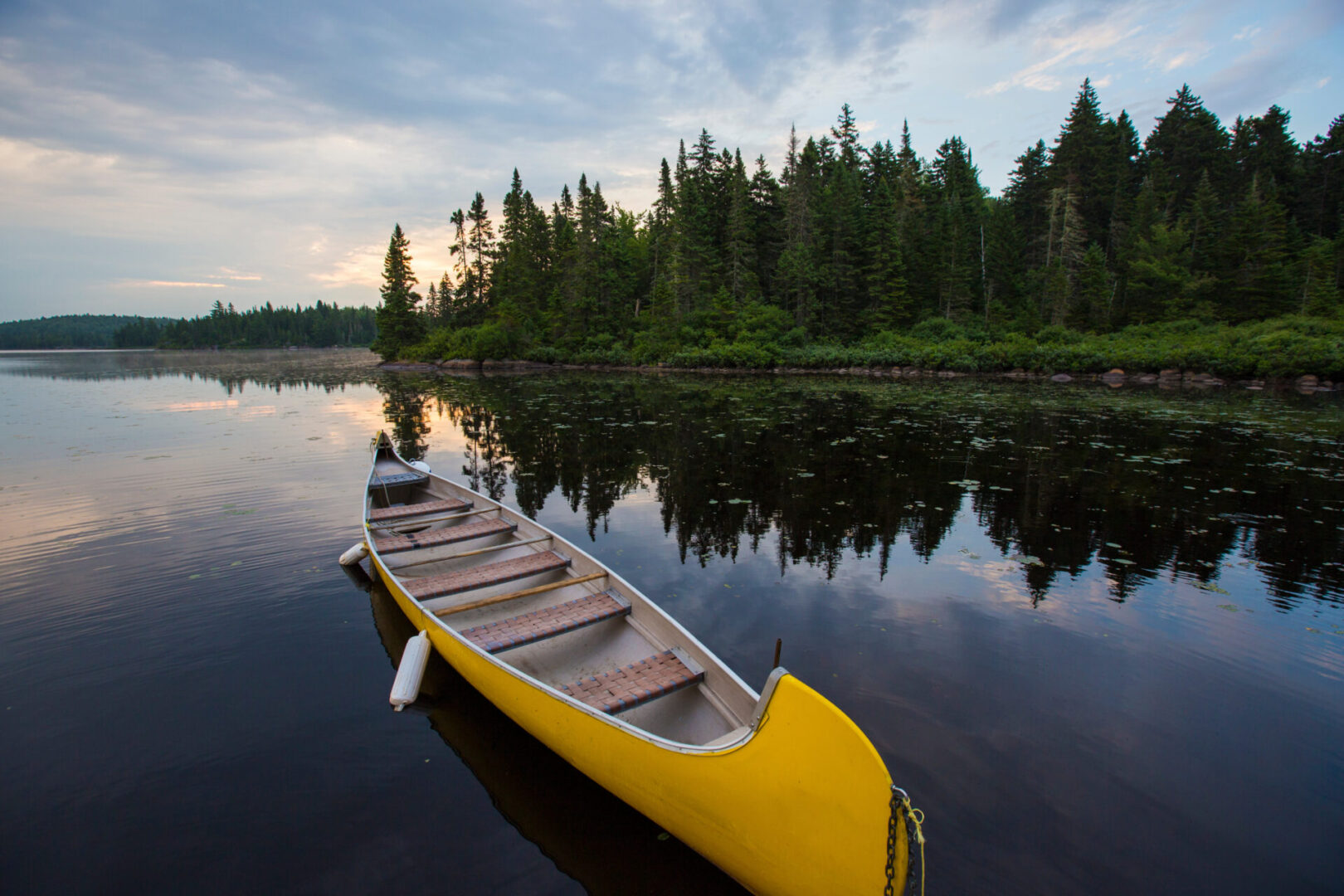ISPAH member reflects on low waste initiatives in the hill running community.
There is a reciprocal relationship between climate change, environmental impacts and the various domains (e.g. active transportation, sports, leisure-time or outdoor physical activities) of physical activity. Mass participation sporting events that see participants, supporters and spectators travel quite a distance and that produce plastic waste have been highlighted as problematic from transport-related emissions and waste management perspectives. Organisers of mass running events are responding to increased environmental awareness and pressure. A 2024 review noted that urban marathons in Europe reported sustainability-related strategies including recycling and waste reduction, supporting local charities, using biodegradable materials and promoting sustainable transport.
Hill running poses different environmental and sustainability challenges compared to these urban running events. While events tend to be smaller, they often require further travel distances, have start/finish at locations not served by public transport and, as the name suggests, participants traverse through trails or hills that are naturally vulnerable.
On this World Environment Day, ISPAH member Deirdre Harrington reports in on initiatives in the hill running community in Scotland to reduce waste and promote sustainable transport at competitive events.

Two hill races I spotted here in Scotland have taken a sustainability approach to organising and running their races.
The Kilpatrick Kaper, which I ran in 2024, starts/finishes just outside Glasgow city, Scotland. I was attracted to the event because it clearly stated how folks could get to the start line using public transport. I don’t have a car, so hill races often feel out of bounds for me here in Scotland. I think more and more runners are car free so having up front promotion of races that can be accessed by public transport or by bike is the way forward. At the Kaper, race organisers would even delay the race start time if the arriving train was delayed. You can see on the race notice below from 2025 that car drivers paid a much higher entry fee than those arriving by sustainable transport.

Thinking back to my participation in the 2024 edition, I arrived on the last feasible train and we were met by a marshal to run us up to the start line – the signal that the race was ready to proceed! Race numbers (pictured) were reusable and small coloured buttons were pinned on to designate age categories. In 2024 there were fruits and beer as prizes. In 2025 it looks like it was planting a tree!


As a stood saturated after the 2024 Kaper, I asked volunteers whether entries were down due to the higher entry fee for car drivers. They reported that numbers were indeed lower, but it could have been the torrential rain too. Did the organisers mind if numbers were down? They said no, the point was to keep cars away.
The second race I heard of was the Allermuir No Frills over near Edinburgh. You can see on the race notice how stripped back this race was. There is a race report here from the 2024 organiser which is a good read: https://thegreenrunners.com/stuff-free-hill-racing…/

Green Runners are a running community that puts the planet first when making decisions about running. Specifically, they encourage and support runners to become greener through how they travel, kit-up, fuel and speak out. This community-run group have a range of resources for clubs and individuals who are starting the journey into being greener
These approaches raise questions and should provoke discussion, which is just what is needed.
- Are there unintended negative consequences of some of these new ‘rules’, expectations or emerging cultural norms in some races, clubs or running communities?
- Is there judgement towards those runners, especially new runners, who want the commemorative medal and t-shirt swag at the end of a race?
- Does that really matter when there is a climate emergency?
I personally am early on in being a greener runner but I love innovation and imagination in how to reduce emissions and waste from running races. My main actions are in the transport space meaning I will either car share, cycle or use public transport for UK events. This does mean I end up missing out on races too, which is part of the cost. Another disappointment includes only getting browning apple slices after a warm urban 10k race. My suspicion was that was an economic rather than an environmental decision!
Some easy wins to create a culture change would be to have public transport options forefronted on race notices, ahead of the driving and parking directions. Boasts of ample parking should be dulled. Highlighting cycle distances, cycle routes and bike racks also help. The expectation that we can jump in a sole use vehicle every weekend for our races also needs changing. Cross country races I used to do in England would give free parking for car shares. Behavior change takes carrots and sticks!




